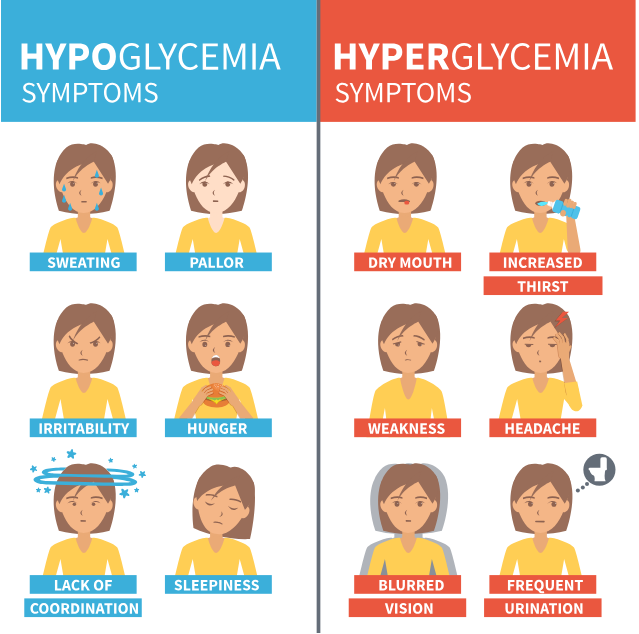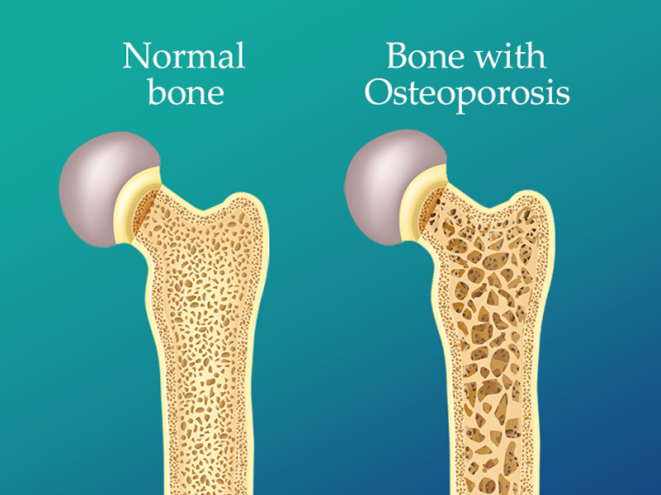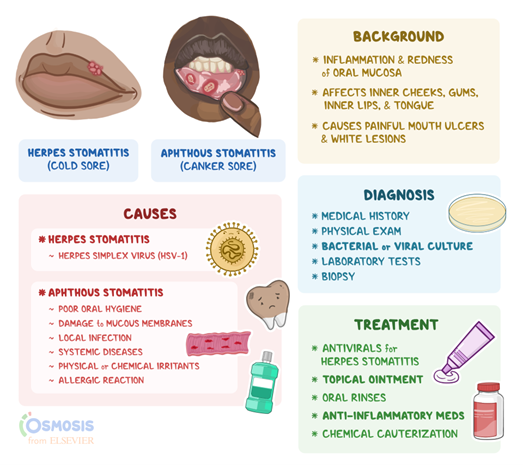A nurse is assessing a client who has diabetes mellitus and reports feeling dizzy and weak. Which of the following actions should the nurse take?
Check blood glucose level.
Give insulin injection.
Offer orange juice.
Apply cold compress.
The Correct Answer is A
Choice A reason: Checking blood glucose level is an appropriate action for the nurse to take because it can help determine if the client has hypoglycemia or hyperglycemia, which are both complications of diabetes mellitus that can cause dizziness and weakness. Blood glucose level should be checked using a glucometer and compared with the normal range of 70 to 130 mg/dL before meals and less than 180 mg/dL after meals.
Choice B reason: Giving insulin injection is not an appropriate action for the nurse to take without checking blood glucose level first because it may cause hypoglycemia, which is a condition in which blood glucose level drops below 70 mg/dL and can cause dizziness, weakness, confusion, sweating, and seizures. Insulin injection should be given according to the prescribed dose, type, and schedule.
Choice C reason: Offering orange juice is not an appropriate action for the nurse to take without checking blood glucose level first because it may cause hyperglycemia, which is a condition in which blood glucose level rises above 180 mg/dL and can cause dizziness, weakness, thirst, polyuria, and ketoacidosis. Orange juice should be offered only if the client has hypoglycemia and is conscious and able to swallow.
Choice D reason: Applying cold compress is not an appropriate action for the nurse to take because it does not address the underlying cause of dizziness and weakness in a client who has diabetes mellitus. Cold compress may worsen the symptoms by reducing blood flow and oxygen delivery to the brain. Cold compress should be applied only if the client has fever, inflammation, or pain.

Nursing Test Bank
Naxlex Comprehensive Predictor Exams
Related Questions
Correct Answer is C
Explanation
Choice A reason: 1 cup green grapes has about 15 mg of calcium, which is low compared to other foods. Green grapes are also a good source of vitamin C, potassium, and antioxidants.
Choice B reason: One medium banana has about 6 mg of calcium, which is very low compared to other foods. Banana is also a good source of potassium, fiber, and vitamin B6.
Choice C reason: 1 cup broccoli has about 180 mg of calcium, which is high compared to other foods. Broccoli is also a good source of vitamin C, folate, and antioxidants.
Choice D reason: One large tomato has about 18 mg of calcium, which is low compared to other foods. Tomato is also a good source of vitamin C, lycopene, and potassium.

Correct Answer is A
Explanation
Choice A reason: Offering the client frozen banana as a snack is an appropriate intervention for the nurse to take because it can help soothe and cool the inflamed mucous membranes in the mouth and throat, which are caused by stomatitis. Stomatitis is an inflammation of the oral cavity that can result from radiation therapy or chemotherapy. Frozen banana also provides potassium, vitamin C, and fiber for the client.
Choice B reason: Serving the client hot meals is not an appropriate intervention for the nurse to take because it can worsen nausea and vomiting. Hot meals are aromatic, spicy, and greasy, which are characteristics of emetic foods. Hot meals can also irritate the stomach lining and trigger the gag reflex.
Choice C reason: Avoiding serving sauces or gravies is not an appropriate intervention for the nurse to take because it can cause dehydration and malnutrition. Sauces and gravies are liquid, mild, and moist, which are characteristics of antiemetic foods. Sauces and gravies can also enhance the flavor and texture of bland foods and provide calories and nutrients for the client.
Choice D reason: Discouraging the use of a straw is not an appropriate intervention for the nurse to take because it can prevent adequate fluid intake and hydration. Using a straw can help the client sip small amounts of clear liquids, such as water, ginger ale, or broth, which are antiemetic fluids. Using a straw can also reduce the exposure to odors and tastes that may cause nausea.

Whether you are a student looking to ace your exams or a practicing nurse seeking to enhance your expertise , our nursing education contents will empower you with the confidence and competence to make a difference in the lives of patients and become a respected leader in the healthcare field.
Visit Naxlex, invest in your future and unlock endless possibilities with our unparalleled nursing education contents today
Report Wrong Answer on the Current Question
Do you disagree with the answer? If yes, what is your expected answer? Explain.
Kindly be descriptive with the issue you are facing.
